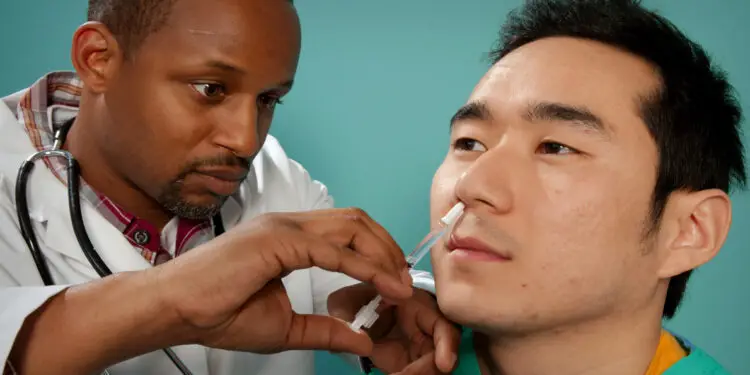GP Negligence – How To tell

GP Negligence – What is it?
What does it mean when your GP is negligent? If this is something you have never heard of or are unaware of, we give you some insight into this common occurrence. When we experience discomfort on or in any part of our body, the first person we look to for help is our medical practitioner.
Take it from the professionals on at Gadsby Wicks – https://www.gadsbywicks.co.uk/medical-negligence/misdiagnosis-claims/gp-negligence – who have been dealing with this issue for many years, most people expect that their GPs will fix us, but in some cases, depending on whom you go to and how thorough they are, things can get missed and misdiagnosis can happen.
If, however, this is not the case and they cannot diagnose our condition, they should refer you to someone else until the matter is resolved. An accurate diagnosis takes knowledge, skills and experience. The majority of GPs that work in or run a medical practice are highly trained in their field. One of the main responsibilities of their jobs is to make sure their patients are taken care of.
Doing the right diagnostic tests is crucial and health conditions can get resolved when treated immediately.
When A GP Is Considered Negligent
GP negligence can occur and those who wrongly diagnose their patients can face negative consequences depending on the extent of the damage. Some of the common occurrences happen with misdiagnoses of issues that are not obvious such as different types of cancers, brain haemorrhage, heart diseases and problems and other issues such as meningitis which could resemble other common health conditions.
The result is worsening of existing symptoms which then leads to invasive treatments which can *cause suffering and sometimes even death. Having the right prognosis is key to any medical person’s ability to make appropriate decisions and when this is neglected, it can affect the patient, as well as their family, not to mention have dire consequences on their finances.
When To Claim For Negligence
There are a few things to consider before you claim compensation for negligence, these include:
● Poor record-keeping on the GPs part (staff or the doctors themselves)
● Failure or delay to act on test results
● When symptoms are not investigated properly
● When they do not refer patients for further investigations, especially in the case where they may have cancer
● Failure to adequately inspect the patient and their health condition
● Giving incorrect prescriptions or unsuitable prescribing
● and failure to review medications
Having the above knowledge can save your life as well as your future. Always make sure you go to a trustable source and if you, as the patient, are not happy with the treatment you are getting from your doctor, seek a second opinion and ask them questions for clarification.
If the condition is not a serious one but you want to claim for negligence, this can be an option too, and a well-established medical solicitor can give you the right advice and direction.









